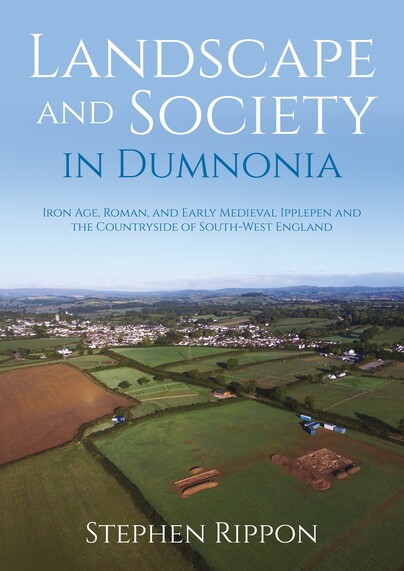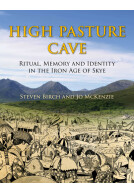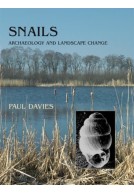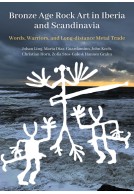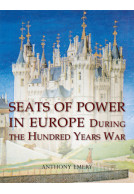Google Books previews are unavailable because you have chosen to turn off third party cookies for enhanced content. Visit our cookies page to review your cookie settings.
Landscape and Society in Dumnonia (Hardback)
Iron Age, Roman, and Early Medieval Ipplepen and the Countryside of South-West England
Imprint: Oxbow Books
Pages: 432
Illustrations: 210 B/W and colour illustrations
ISBN: 9781789259773
Published: 15th June 2025
Script Academic & Professional
Pages: 432
Illustrations: 210 B/W and colour illustrations
ISBN: 9781789259773
Published: 15th June 2025
Script Academic & Professional
You'll be £40.00 closer to your next £10.00 credit when you purchase Landscape and Society in Dumnonia. What's this?
+£4.99 UK Delivery or free UK delivery if order is over £40
(click here for international delivery rates)
Order within the next 5 hours, 24 minutes to get your order processed the next working day!
Need a currency converter? Check XE.com for live rates
(click here for international delivery rates)
Order within the next 5 hours, 24 minutes to get your order processed the next working day!
Need a currency converter? Check XE.com for live rates
This book explores the distinctive landscape and society of South-West England that had emerged by the Iron Age and which continued to develop during the Roman and medieval periods. A focus of the research was the long-term programme of survey and excavation on the Iron Age, Roman, and early medieval settlement at Dainton Elms Cross, in Ipplepen (Devon), which included the only Roman roadside settlement to have seen extensive excavation to the south and west of Exeter on the very edge of the Roman empire, as well as a substantial early medieval cemetery. First discovered through the reporting of an unusual concentration of Roman finds to the Portable Antiquities Scheme, the site was investigated through a joint university and community project led by the University of Exeter in partnership with the British Museum/PAS, Devon County Council, and Cotswold Archaeology. What for the South-West of England was exceptional preservation meant that large amounts of animal bone, charred cereals, and human remains were preserved, alongside a regionally important material culture assemblage. The site – which had been occupied for c. 1200 years – was abandoned around the 8th century AD. A programme of documentary, place-name, and historic landscape research across a study area extending from the coast up onto Dartmoor explores the context of this major landscape change, which appears to have been associated with the appearance of hamlets and open fields, and the fragmentation of an ‘early folk territory’. Together, the excavations in Ipplepen and the wider contextual research reveal how communities living in South-West England developed a distinctive identity that reflects a well-developed understanding of their region’s natural environment alongside a degree of ambivalence to outside cultural influences.
Other titles in Oxbow Books...







